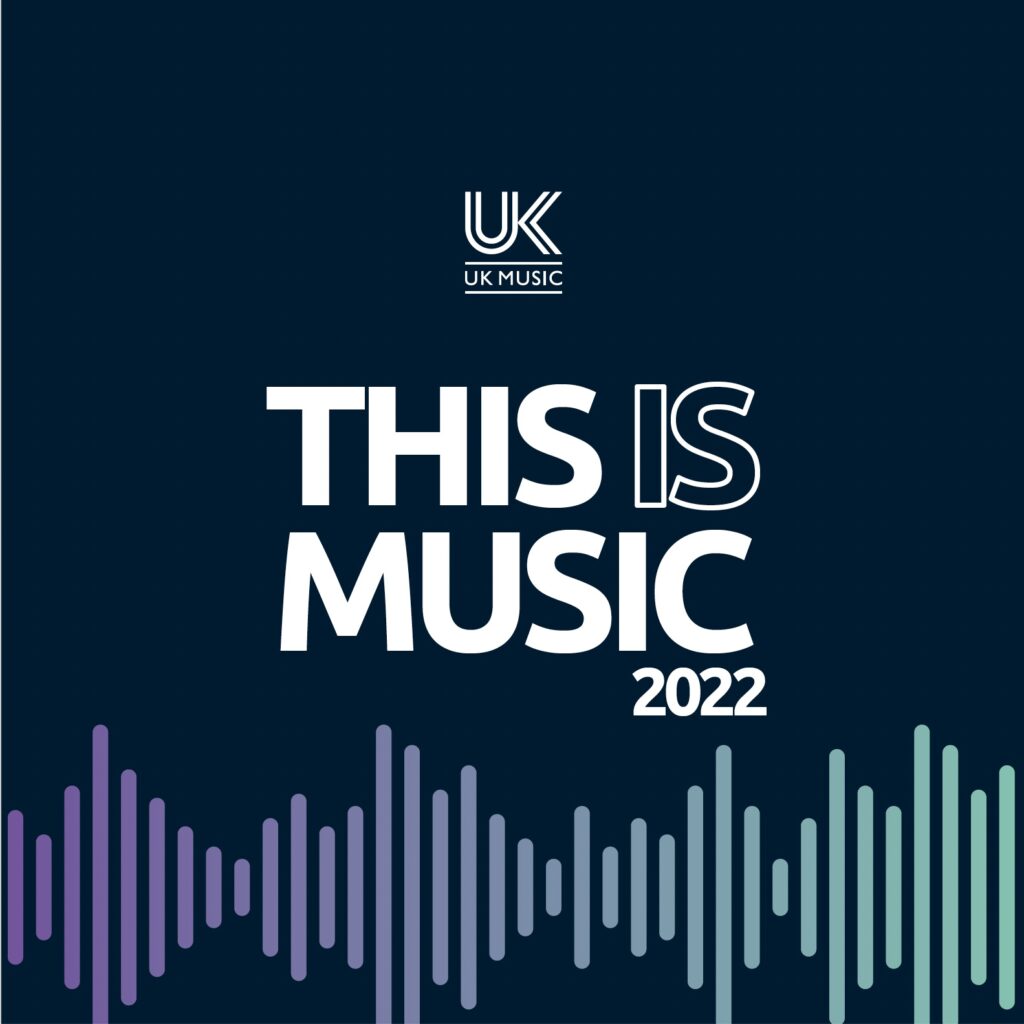This Is Music was a difficult report to write this year because 2021 was a year of transition and mixed messages. The music industry began its recovery. Sort of. Live music reopened, then shut again, and this had a ripple effect on ancillary income that further disrupted the music industry, especially the music creators who lie at its heart.
For this year’s case study, I looked at Wolf Alice and the team around them. The band is well established in their career and better placed than most to weather the storm brought about by the pandemic. But even for a band at that level, it was not all plain sailing, and they had to adapt to changing circumstances. Please take a look.
As for the numbers, the music industry contributed £4 billion to the UK economy in terms of Gross Value Added (GVA) in 2021 – an increase of 26% on 2020. However, this was still 31% down on the £5.8 billion the industry contributed in 2019 pre-pandemic. That year, recording studios stayed open, however, they operated under strict COVID-19 protocols, and the continued enforcement of global travel restrictions meant that many international clients stayed away.
Live music eventually returned, but not until mid-summer of 2021 and was disrupted again due to the Omicron variant. There were still many challenges, such as COVID-19 outbreaks
among artists and their road crews, which led to cancellations, and lower attendance at some live events, but the industry managed to make the most of the relatively short window to herald the return of live music. Even in the first quarter of 2022, many shows rescheduled, owing to the lingering impact of the Omicron variant.
Recorded and publishing-related income remained strong, with substantial increases in both streaming and vinyl revenues and a recovery in synchronisation (sync) income. Exports grew 10% to £2.5 billion but were still down 15% from 2019’s £2.9 billion. A lack of international touring, Brexit-related barriers, and a lack of music tourists visiting the UK have restricted export recovery. Nevertheless, recording and publishing export income continued to grow during 2021, even in the face of increased global competition. In a post-Brexit world, ensuring that trade agreements protect and support recording and publishing income for music creators and rights owners alike will be crucial to sustaining future growth.
Employment improved year-on-year, up 14% to 145,000 in 2021, but was still 26% lower than 197,000 in 2019. Music creators and live music workers experienced the greatest decline in employment and while both sectors are recovering, there is a long way to go. Those who could access government schemes, such as the Self-Employment Income Support Scheme (SEISS), were well placed to return to work once live music resumed at the end of July. Many industry organisations provided hardship funds to support those most vulnerable, but those who fell through the cracks either retired, retrained, or sought alternative employment in other sectors.
I believe that employment will recover further during 2023, but some individuals may have left the industry for good. There are skills shortages in some areas, for example, freelance crew and musicians, and a lack of access to a European workforce to plug the gaps for UK based events.
The recovery has begun, but there is still a long way to go. The British music industry cannot take anything for granted in rebuilding and ensuring that it retains its place as a leader in the global music market.
Click here to read the report.

